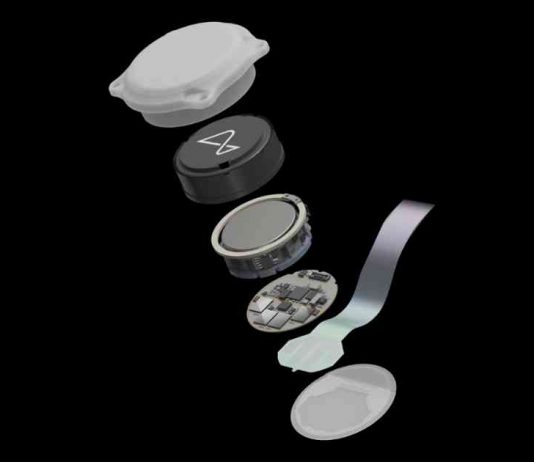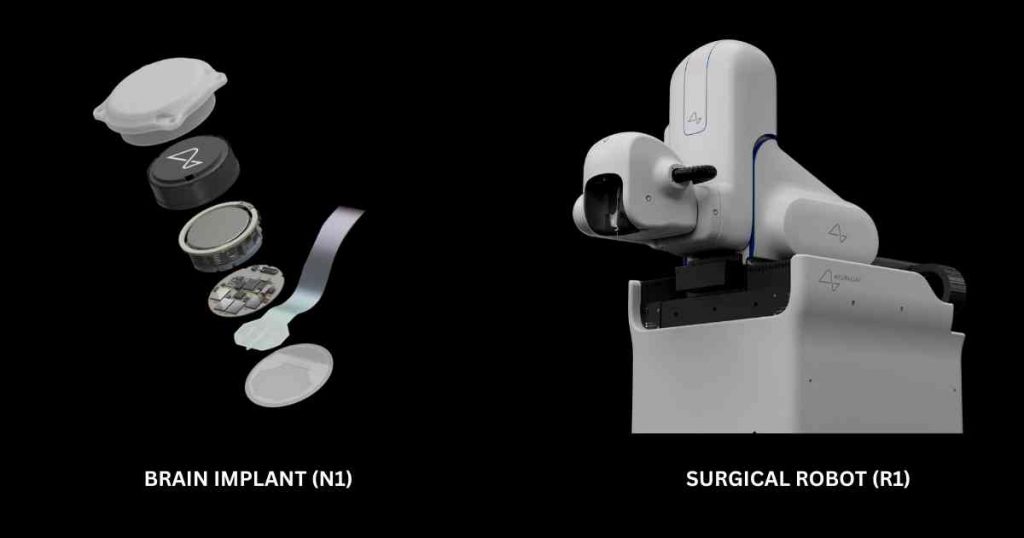Elon Musk’s Neuralink has officially begun recruiting volunteers for human trials of its groundbreaking brain chips. This audacious venture has received the green light from an independent review board, and the company is now on the hunt for adults suffering from paralysis who are willing to participate in a study slated to last six years.
Neuralink aims to implant small chips into people’s skulls to treat a variety of debilitating conditions, including paralysis and blindness. Musk has even hinted at the possibility of curing mental health conditions like schizophrenia and depression.
The study will focus on testing a brain-computer interface, a technology that could empower individuals with paralysis to control a computer cursor or keyboard solely through their thoughts. Two key components will be used in this experiment. The first is the N1 brain chip, described by Neuralink as “cosmetically invisible,” designed to wirelessly record and transmit brain signals. The second is the R1 surgical robot, which will implant the chip into a specific region of the brain that controls movement intention.
Who Can Participate?
If you’re wondering who can be part of this futuristic endeavor, Neuralink has some criteria. Participants must be U.S. residents capable of giving explicit consent. The company is particularly interested in individuals with quadriplegia, paraplegia, vision loss, hearing loss, speech impairment, and major limb amputation.
Musk’s Vision Beyond the Trials
Musk’s enthusiasm for the project is palpable. He recently took to social media, referencing Star Wars to describe the project’s potential. “When a Neuralink is combined with Optimus robot limbs, the Luke Skywalker solution can become real.” he posted on X. This statement not only highlights Musk’s imaginative spirit but also hints at the broader applications of Neuralink, from restoring full body movement to integrating with artificial intelligence.
While the FDA approved Neuralink’s first human trial in May, the journey hasn’t been smooth. The agency had initially rejected the proposal in 2022, citing safety concerns. Neuralink has also faced ethical questions for its previous animal testing, which led to several animal deaths.
Though Neuralink’s technology is groundbreaking, it’s not without competition. Companies like Synchron Inc, backed by Bill Gates and Jeff Bezos, have also been conducting clinical trials on brain implants.



